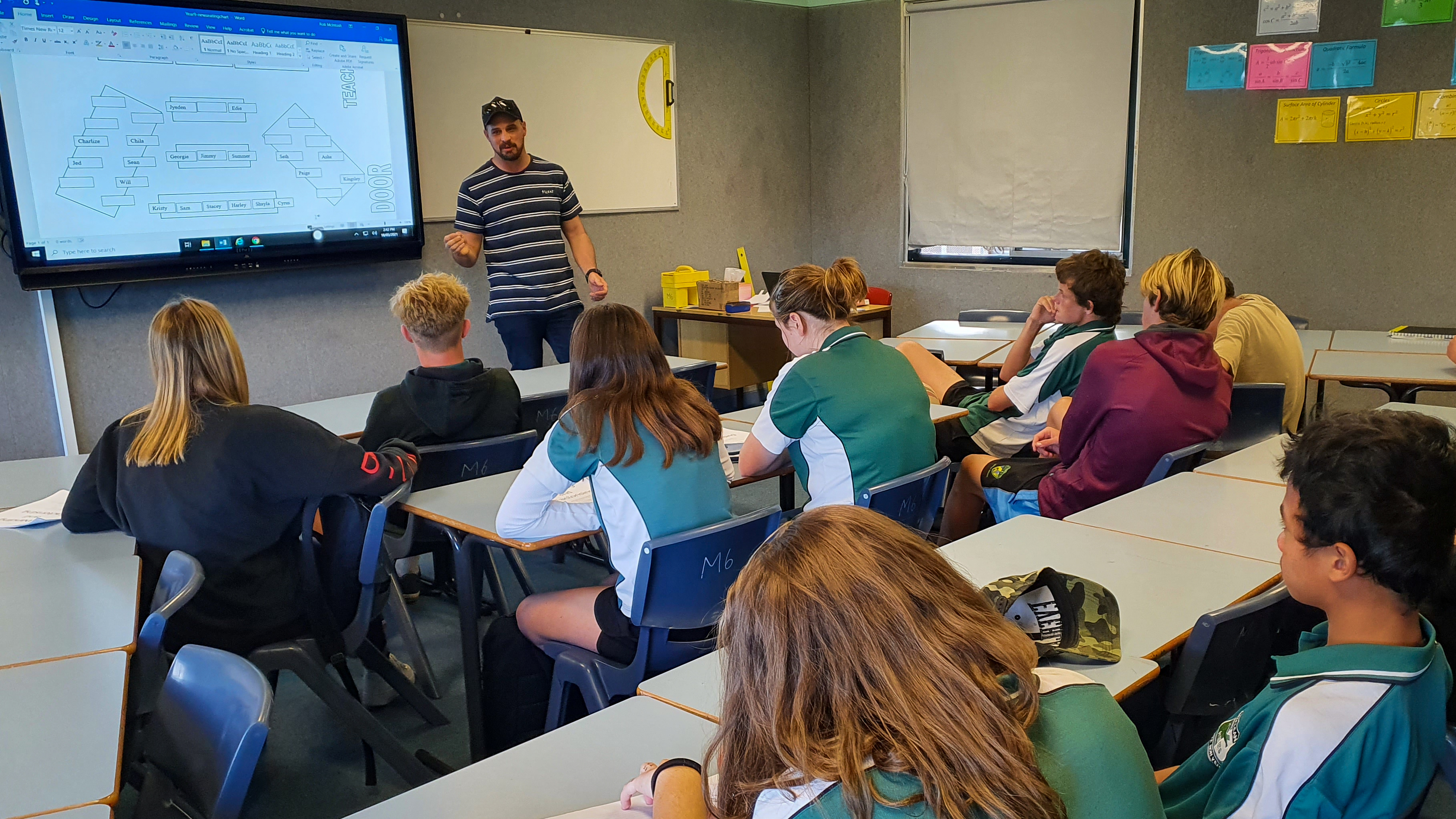Oppositional Defiant Disorder
Build on student strengths and support the learning and wellbeing of students with ODD across all aspects of the curriculum.
About Oppositional Defiant Disorder (ODD)
All students have times when they might refuse to do something they are asked, disturb others, or not listen. Students with Oppositional Defiant Disorder (ODD) need support with these behaviours which disturb their day-to-day life. These students can appear defiant, disobedient, angry, and irritable. They might argue with adults in their life and other students. They may find it hard to follow instructions. They may lose their temper if they feel like something isn’t going their way. Sometimes, it might seem like they annoy peers on purpose, or don’t take responsibility for their actions. They might refuse to join in group activities and get out of their seat regularly.
For some students with ODD, reading, writing, mathematics and concentrating can be hard. Some may also have language delays and find talking about emotions difficult. Students with ODD can have trouble communicating, and making friends. It is also common for students with ODD to have low self-esteem.
Strengths
Many students with ODD are highly motivated by rewarding learning or wellbeing activities.
Students with ODD often enjoy hands-on learning. They may learn new information and more easily follow instructions through this approach.
Some students with ODD are often creative and enjoy art. Some students with ODD have learning strengths and interests that can be highly motivating and used to foster learning in other curriculum areas.




School Excellence Framework alignment
Wellbeing, Curriculum, Effective classroom practice
Australian Professional Standards for Teachers alignment
Standard 1: Know students and how they learn
Audience
Primary teachers
Purpose
Strategies to support students with oppositional defiant disorder. Including: Evidence-based practices, best practice tips, curriculum considerations and other considerations for teachers of students with oppositional defiant disorder.
Reviewed
November 2021. Share your feedback here